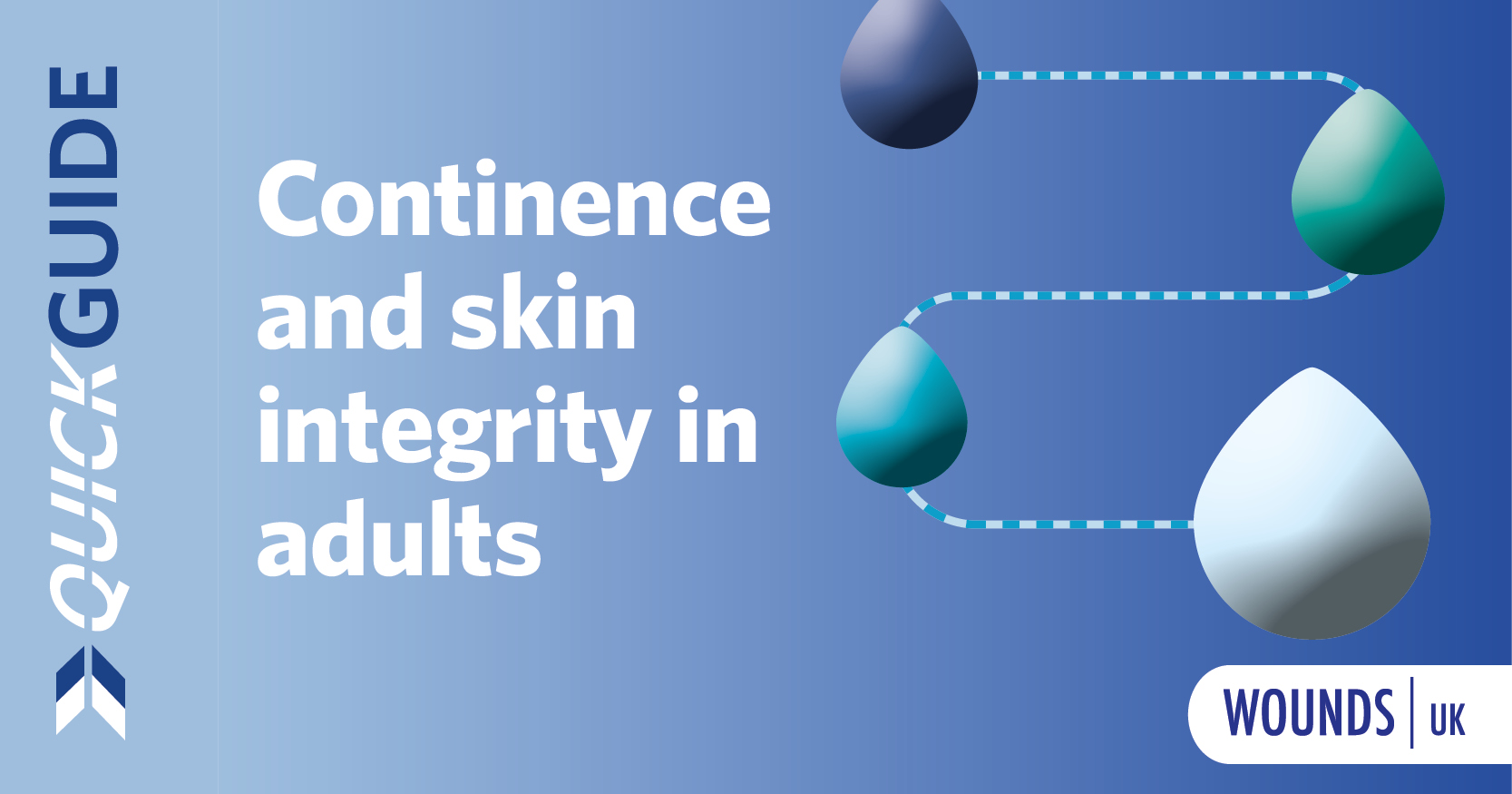Background: More than 15% of people with diabetes will develop a foot ulcer during their lifetimes (Palumbo and Melton,1995; Singh et al, 2005). In prospective cohort studies conducted among people with diabetes, a history of foot ulceration increased the subsequent amputation risk by two to over three-fold (Adler et al, 1999; Moss et al, 1999). The Government, through The Diabetes National Service Framework (NSF) (2001) and National Institute for Health and Clinical Excellence (NICE) (2004) provided clinicians working in the management of diabetic foot disease with overarching guidance for the delivery of good quality care.
Objectives: To enhance and develop the national guidance and create minimum standards of care that people with diabetes could expect.
Methods: The development of practical guidelines and a subsequent anonymous, self-assessment audit to enable services to benchmark their care.
Results: Only two from 24 trusts met all the minimum standards and identifi ed areas of common concern across the north-west region.
Conclusions: Evidence-based guidelines must be produced in conjunction with an implementation strategy. This should involve the audit process to monitor adherence in practice to the defi ned minimum standards of care. The development of an evidence-based specific guideline has enabled North West podiatry services to benchmark their care.
Conflict of interest: None.




